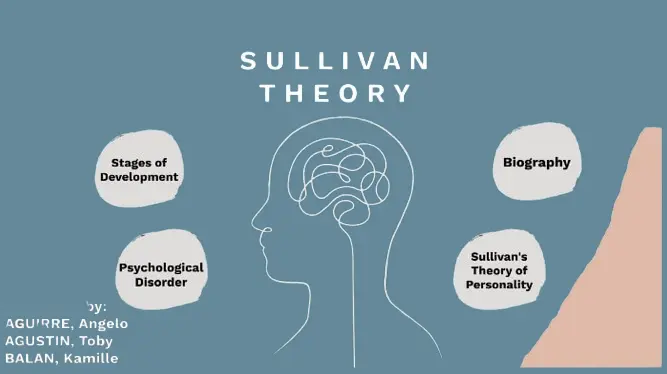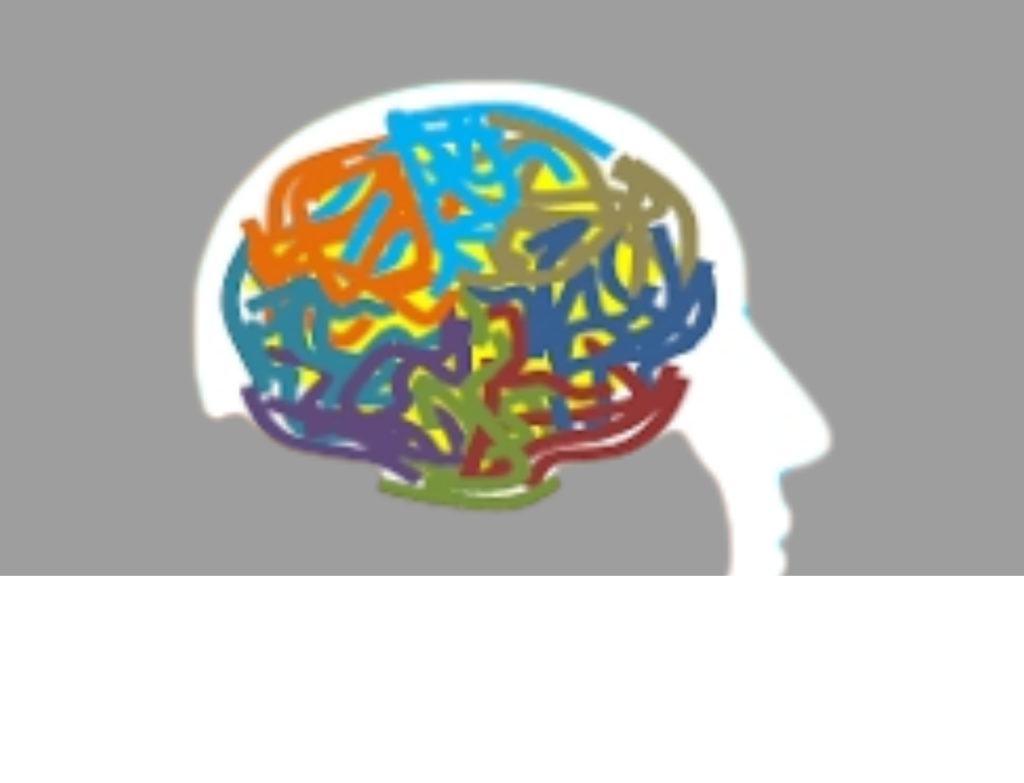Although they both deal with the brain, psychiatry and neurology are distinct medical professions. Although their fields of expertise are somewhat similar, neurologists and psychiatrists treat distinct illnesses and have different educational requirements. Understanding the differences between neurology and psychiatry might help you determine which career path is best for you if you’re interested in delivering medical care connected to the brain. This article examines the tasks, education requirements, and working environments of a psychiatrist and a neurologist.
What is a psychiatrist?
A psychiatrist is a medical professional who specializes in recognizing, evaluating, and treating psychiatric disorders and mental illnesses. Psychiatrists assess mental and behavioral problems via examination and then decide on the most appropriate treatment plan. Behavioral therapy, psychotherapy, and mental medicine are all part of their treatment. In order to provide comprehensive neurological care, psychiatrists may refer their patients to other medical professionals such as rehabilitation therapists, psychologists, or counselors.

What is a neurologist?
One kind of specialist doctor who handles ailments pertaining to the nervous system, brain, spine, and nerves is a neurologist. Neurologists diagnose patients with neurological disorders, carry out tests to determine the root cause of nervous system dysfunctions, and provide treatments to treat or manage symptoms. Medication, rehabilitation therapy, and lifestyle modifications are some of the neurological treatments available. When treating complex nerve system problems, some neurologists advise surgery or collaborate with rheumatologists and immunologists.

Psychiatrist vs. neurologist
Although the illnesses that neurologists and psychiatrists treat sometimes overlap, there are a number of distinctions between these two specialty medical professionals. When choosing between a profession as a psychiatrist or a neurologist, keep the following comparisons in mind:
Particularization
Both neurologists and psychiatrists treat illnesses that impact the mind and nervous system. However, while psychiatrists focus on psychological issues, neurologists concentrate in physiological illnesses. Accordingly, neurologists treat both involuntary body activities associated with the neurological system and physical dysfunctions of the brain. Psychiatrists treat diseases whose behavioral and emotional symptoms are caused by brain chemical imbalances, developmental disorders, or life events. Although the brain is involved in both areas, the symptoms manifest differently.
Conditions and symptoms
A patient may consult a neurologist, psychiatrist, or both, depending on the reason for their symptoms and how they impact their lives. Psychiatric symptoms can occasionally be brought on by neurological conditions, and vice versa. For instance, a patient receiving treatment for brain damage from a neurologist might be sent to a psychiatrist for assistance in managing any anxiety that may arise from their illness, ailments and signs
Both psychiatrists and neurologists can treat
Psychiatrists and neurologists may treat the following symptoms individually or in tandem as a patient’s care team:
- Sleeping problems
- Hallucinations
- Memory issues
- Fatigue
- Confusion

Neurologists can treat
Patients experiencing any form of nervous system problems might receive assistance from neurologists. Neurologists can assist patients with pain, discomfort, or weakness in any part of their body because nerves are found throughout the human body, although they concentrate primarily on the brain and spine. The following conditions are treated by neurologists:
- Dizziness and vertigo
- Anguish
- Migraines and headaches
- Tiring and numbness
- Muscle weakness and trembling
- issues with vision
- Convulsions
- Strokes
- Seizers
Psychiatrists can treat
Psychiatrists treat conditions that affect a person’s thoughts, feelings, and behavior. Along with enhancing physical performance, their goal is to assist individuals in improving their mental processes. Psychiatrists treat the following symptoms and conditions as examples:
- Dependency
- eating disorders
- Uncertainty
- Changes in mood
- Breaking Apart
- Psychosis
- problems of development
- Trauma to the emotions
Responsibilities / Duties
As medical professionals, psychiatrists and neurologists diagnose, treat, and
consult with patients. Helping patients in the fields of neurology and psychiatry involves special obligations.
Duties for neurologists:
- Assessing symptoms:
During initial visits, neurologists ask patients to explain their problems and perform physical examinations. This frequently entails assessing motor abilities, testing reflexes, and asking patients about their level of pain.
- Finishing diagnostic tests:
Getting a neurological diagnosis requires ordering scans of the brain and spine. Neurologists do scans such as MRIs, MRAs, EEGs, and VNGs in order to gain insight into the anatomy and physiology of the brain.
- Assessing nerve function:
Electromyography (EMG), which employs electrodes and needles to find anomalies in the nerves and muscles, is a test that neurologists are specially trained to perform.
- Medication prescriptions
Medication prescriptions are frequently made by neurologists in order to relieve the discomfort that many of their patients experience while receiving a diagnosis. Following a diagnosis, they also recommend medication as a kind of treatment.
- Assessing test results:
To determine the reason behind each patient’s symptoms, neurologists examine data from blood tests, consultations, scans, and other diagnostic procedures.
Duties for Psychiatrists
Psychiatrists have responsibilities like:
- Assessing mental function:
In order to evaluate mental function, psychiatrists interview their patients and inquire about their feelings, behaviors, and moods. To create a comprehensive psychiatric diagnosis, they employ written evaluations, interviews, and personality testing.
- Creating treatment plans:
A psychiatrist may suggest different drugs or forms of behavioral therapy based on the symptoms of each patient. For every prescription, they figure out the optimal dosage and frequency while carefully taking any negative effects into account.
- Working together with therapists:
In addition to receiving medical treatment for mental illnesses, many psychiatric patients also benefit from the services of therapists and counselors who assist them in managing life skills and emotional coping mechanisms. Psychiatrists collaborate with therapists and write referrals to enhance treatment regimens and offer comprehensive care.
- Researching pharmaceuticals:
New therapies are regularly introduced by manufacturers, and psychiatric medicine is a field that is always changing. Psychiatrists look into new drugs and therapies to give their patients the best possible care.
- Monitoring patient progress
After prescribing various medications and attempting specific treatments, a psychiatrist may schedule ongoing sessions with patients to monitor their emotional and mental development. To track patients’ progress over time, they retest them using the same evaluations.
Psychiatry is more than neuropsychiatry
The only psychiatrists who seem to be out of touch with clinical practice and academics that suggest that psychiatry has become so evolved that it is no longer different from neurology. Conversely, psychiatric treatment has not been impacted by advancements in neuroscience, even in spite of calls for psychiatry to become a clinical neuroscience discipline. Indeed, one of the fundamental sciences of psychiatry is neuroscience.
However, the assertions that mental illnesses are only brain problems or that our observations and treatments are worthless if they are not grounded in neuroscience are a part of a growing movement in all areas of life towards neuroessentialism. Psychiatrists treat more than only brain diseases; to say otherwise would be to devalue our profession. When psychiatry adopts a pluralistic approach to the wide range of issues that come under its purview, it functions at its best.
We do our patients a disservice when we disregard the ideas from the fields of psychology, sociology, and anthropology as well as the narrative approach to formulation. The problems of the patient with visual hallucinations and bradykinesia, or the patient with impulse control issues following a brain injury, cannot be explained in the same way as those of the patient who becomes suicidal after a breakup in their relationship or the patient who becomes terrified and confined to their home following a rape.



